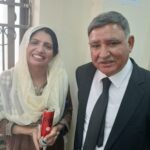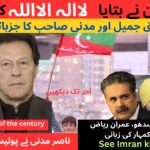5 August Azadi March 🔥| Imran Khan Ka New Message | #ImranKhan #AzadiMarch #PTI
Imran Khan ka jail se naya paighaam 5 August Azadi March ke liye! 🇵🇰 Awaam ko tayar rehna hoga — Azadi ki jang jari hai. Watch this powerful message now and spread it to every corner of Pakistan! 💪 📢 Subscribe for real-time PTI updates: @ptigujrat1 🌐 Visit our website: https://ptipakistan.com 🎥 More from ImranKhan Official: https://www.youtube.com/@ImranKhanOfficial 📰 IRK News Updates: https://www.youtube.com/@IRKNews 📲 Follow Naya Pakistan Digital: https://www.youtube.com/@NayaPakistanDigital
Comment your city name if you will join the 5 August Azadi March! #AzadiMarch #PTI #freeimrankhannow #Pakistan #BreakingNews #ImranKhanSpeech #PTIUpdates #irknews #nayapakistan #ptigujrat1 #pakistannews #pakistanupdates #pakistanipolitician #pakistaniyouth #ptiofficialchannel #imranriazkhan #imrankhanyoutubechannel #imrankhantoday



